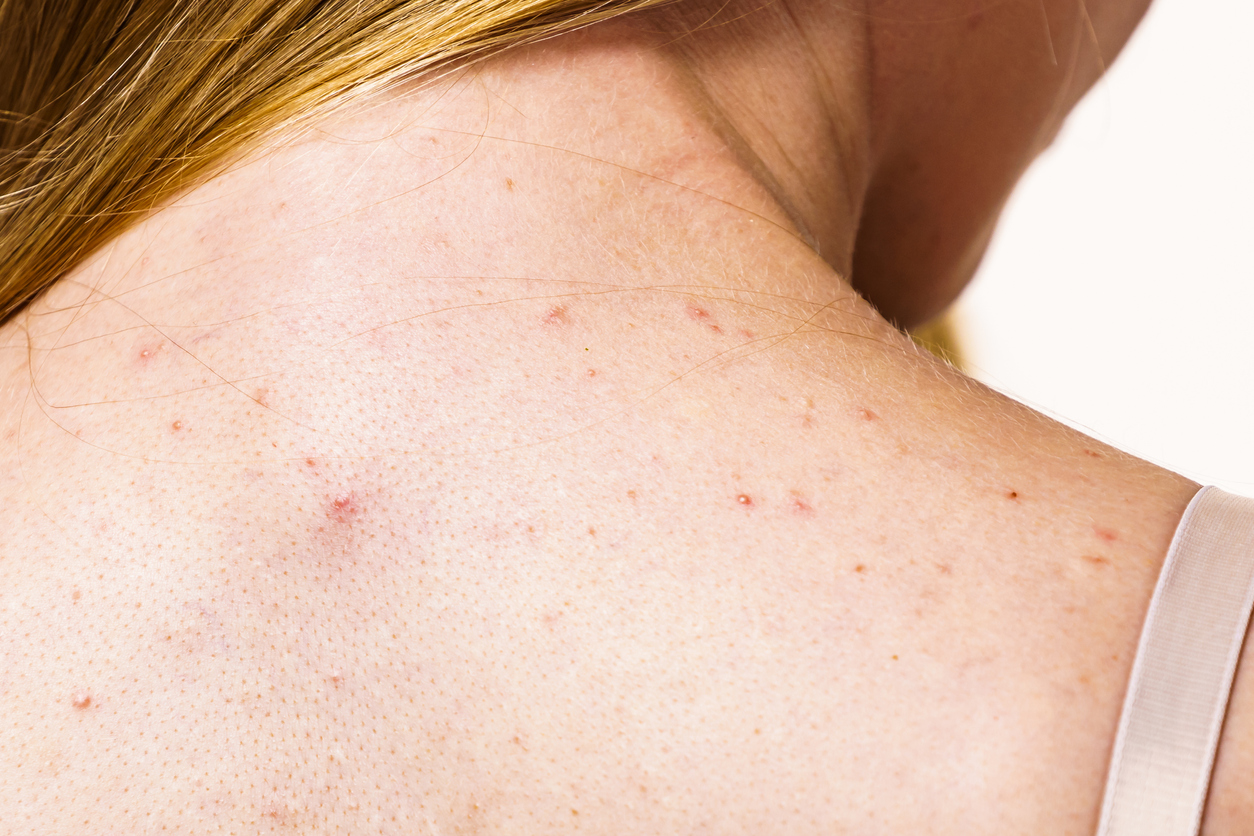Bedding Fabrics to Avoid for Acne-Prone Skin Sensitivities
When it comes to dealing with acne, many factors might aggravate the condition, including the bedding fabrics we choose. The less often discussed yet significant role of bedding materials can be the hidden culprit behind worsening skin conditions. Let's delving deeper into which bedding fabrics to avoid for acne and explore how beauticians can help their clients make more informed choices.

Why Bedding Material Matters
Bedding isnt just about comfort; it plays a crucial role in skin health. As beauticians, you should be aware that certain fabrics can trap oils, dirt, and bacteria, creating a perfect breeding ground for acne-causing bacteria. Using unsuitable bedding materials can escalate the chances of breakouts over time, especially for those with sensitive or acne-prone skin.
Key Offenders Among Bedding Fabrics
Cotton: A Surprising Culprit
While cotton is heralded for its breathability, it isnt always the best choice for individuals dealing with acne. Cotton can retain oils and sweat, leading to clogged pores. Moreover, cotton absorbs skincare products, which could mean wasted efforts on treating acne with those nightly elixirs. Consider learning more about how pillowcases impact body acne.
Synthetic Fabrics: A Definite No-No
Many synthetic fabrics, like polyester, trap heat and moisture, which can exacerbate acne. As a beautician, advising against such materials can save your clients from unwanted breakouts. Educate them about the importance of avoiding fabrics that dont allow the skin to breathe.
Silk Sheets: Luxury with a Catch
Silk may sound luxurious but beware; not all silk sheets are created equal. Some can be irritating to the skin, especially if not pure or blended with synthetics. Before recommending silk, ensure its of high quality and hypoallergenic.
Choosing the Right Fabrics
When suggesting bedding alternatives, recommend natural fibers like bamboo. Bamboo is known for its antimicrobial properties, making it an excellent choice for people dealing with acne. Moreover, bamboo fiber's natural coolness can be soothing for irritated skin.
Integrating Good Habits
Regular wash cycles and maintaining proper hygiene can also help mitigate acne outbreaks. Ensure your clients know the benefits of washing their bedding regularly and using gentle, fragrance-free detergents. This article on sleeping positions influencing acne can provide more insights.
Enhancing Skin Health with Bedding Choices
Skin health is a multifaceted area, and giving thoughtful advice about the right bedding materials can assist those struggling with acne get a more restful, skin-friendly sleep at night. This holistic approach combined with proper skin care can significantly reduce acne flare-ups.

FAQs about Bedding and Acne
Do natural fibers help reduce acne?
Natural fibers like bamboo are often recommended for their breathability and hypoallergenic qualities, helping to reduce acne.
Is silk bedding always bad for acne-prone skin?
Quality matters; pure silk can be beneficial if hypoallergenic but avoid blends.
How frequently should I wash bedding to prevent acne?
Washing every week is ideal for maintaining hygiene and reducing bacteria build-up.
For further reading on shifting bad fabric habits and improving skin health, check out these showering tips.
This article contains affiliate links. We may earn a commission at no extra cost to you.

